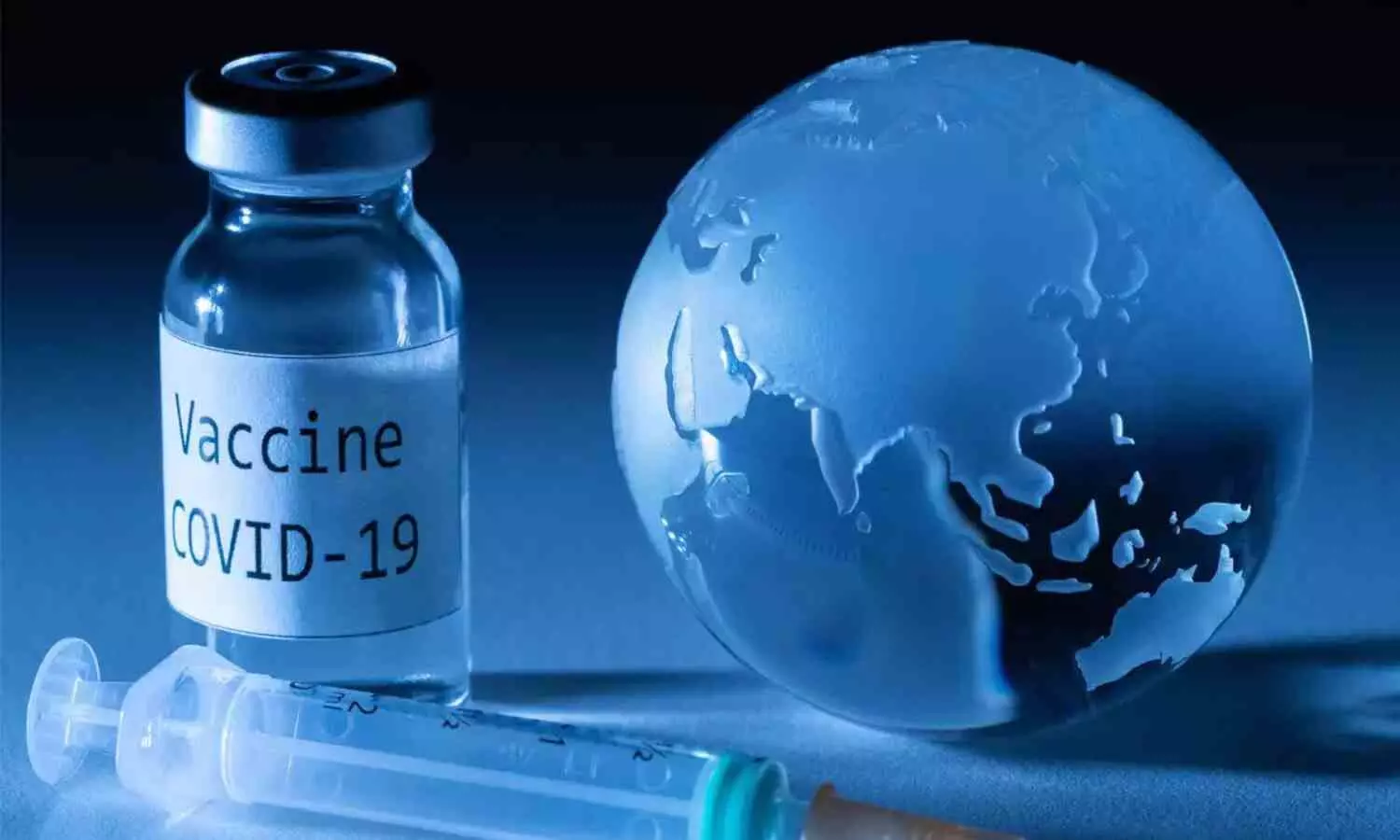Why Covid-19 Vaccine protection wanes over time?

Why Covid-19 Vaccine protection wanes over time?
Ongoing studies shows why covid 19 protection wanes over time. Know the factors behind waning immunity, why booster doses are important
Covid-19 pandemic changed our lives in many ways. From health crises, job losses and isolation to technological advancements, better healthcare and teamwork it transformed the way people live. Since the beginning of the pandemic, the race to create an effective vaccine was the priority for the medical community. COVID-19 vaccines have been a game-changer in the fight against the pandemic, saving millions of lives globally. However, recent studies highlight that COVID-19 vaccine protection wanes over time, requiring booster doses to maintain immunity. Let us know the reasons behind this short-lived immunity and what it means for the future of vaccination efforts.
All About COVID-19 Vaccine Protection
When we talk about COVID-19 vaccine protection, we are referring to the body’s ability to defend itself against the virus after vaccination. Vaccines help the immune system learn how to identify and fight off the virus. They do this by introducing a part of the virus into the body, prompting an immune response. This response creates memory cells that help the body recognize the virus and respond more quickly if it encounters the virus again.
But here’s the sad part, this memory doesn’t last forever. While many people are protected for several months after getting vaccinated, some studies suggest that the protection may decline over time, leaving individuals more vulnerable to infection, especially against new variants of the virus.
Key Factors Behind Waning Immunity
1. Memory B-Cells and COVID-19 -
Memory B-cells are crucial for long-term immunity. These cells "remember" the virus and quickly produce antibodies if the body encounters the virus again. Research shows that while COVID-19 vaccines trigger the production of memory B-cells, their numbers and efficiency decline faster than expected. This may explain why vaccine protection doesn't last as long as initially hoped.
2. Plasma Cells and Immunity -
Plasma cells, which produce antibodies, play a significant role in immediate immune defence. Unlike memory B-cells, plasma cells don’t remain in the body permanently. In the case of COVID-19, these cells seem to have a shorter lifespan, leading to a decline in antibody levels over time.
3. Viral Mutations -
Variants like Delta and Omicron have further complicated the issue. Mutations in the virus allow it to partially evade the immune response generated by earlier vaccines. This reduced vaccine effectiveness means booster doses are often necessary.
How Long Does COVID Vaccine Protection Last?
One of the most important questions that everyone wants to know is, how long does COVID-19 vaccine protection actually last?
According to the COVID-19 vaccine durability study, immunity tends to last several months after vaccination, but it gradually declines. The initial protection against severe illness, hospitalization, and death remains relatively strong for most people, but the ability to prevent mild or moderate infection may weaken over time. The protection provided by the COVID-19 vaccine can also vary depending on factors such as the type of vaccine, individual health, and the presence of new variants. Studies have shown that after six months, the effectiveness of the vaccines against symptomatic infection starts to drop.
Booster shots are recommended to maintain immunity, especially for those who are at higher risk of severe disease, such as older adults or those with underlying health conditions. Boosters help to restore and extend the protection, particularly against emerging variants of concern.
Why Does Immunity Wane Over Time?
Experts suggest that there are a few reasons why the immune response to COVID vaccines weaken over time. Some of them are:
1. The Nature of this Virus - COVID-19 is constantly evolving. New variants of the virus can sometimes escape the immune system's recognition, leading to a reduction in vaccine effectiveness.
2. Different response from immune system - Our immune system is complex, and not all cells involved in immunity are created equal. As we age or face other health challenges, the
immune system may not respond as robustly to vaccines over time.
3. Memory cells may not last as long as expected - While memory B-cells and plasma cells play an essential role in immunity, their lifespan may be shorter than we initially anticipated.
What can we do about this?
Now we know why Covid-19 vaccine protection wanes over time, so here are few points to keep in mind to protect ourselves in the long term.
1. Get Booster dose - Booster shots are a great way to maintain high levels of immunity. As the virus evolves, boosters are designed to help your immune system stay up to date with new variants.
2. Stay Informed - Follow the latest COVID vaccine effectiveness studies and keep up with any recommendations from health authorities regarding vaccination schedules and boosters.
3. Continue healthy habits – Although Covid is not spreading widely now, it is important to continue healthy habits. Practising good hygiene, wearing masks when necessary, and staying vigilant about symptoms can also help minimize the risk of infection.
While the news about vaccine immunity waning might feel concerning, the reality is that vaccines are still one of our best tools to fight COVID-19. They continue to protect us from the worst outcomes of the virus, and ongoing research is helping us understand how we can maintain that protection over time.








